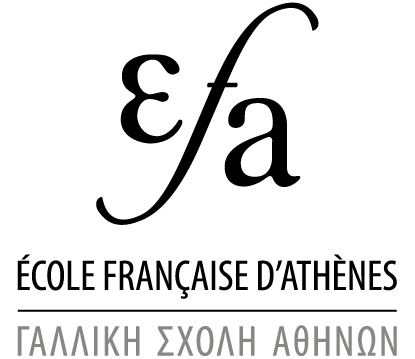On-site (in the field and museums) trainees
As part of its training provision, the FSA allows students enrolled in an introductory course of study on the ancient world to participate in its on-site activities (excavations and post-excavations, surveys, studies of items in museums). This traineeship can if necessary be validated as part of a programme of study.
- an application form (completed online)
- a CV detailing field (excavation or surveying) or museum (drawing, post-excavation) experience
- a letter of reference from an academic, or the person in charge of a project on which the applicant has already worked
- a motivation letter which sets out the candidate’s skills in accordance with the type of activity for which he or she is applying.
- the application form should be completed here on the FSA’s website.
- in the part concerning the FSA, the director’s name, as the signatory for the FSA, should be put down as the establishment’s legal representative
- the name of the person organising the activity may be put under ‘maître de stage’ [‘traineeship supervisor’] where there is space for this.
- by email to eirini.anesti@efa.gr,
- alternatively, by post.
